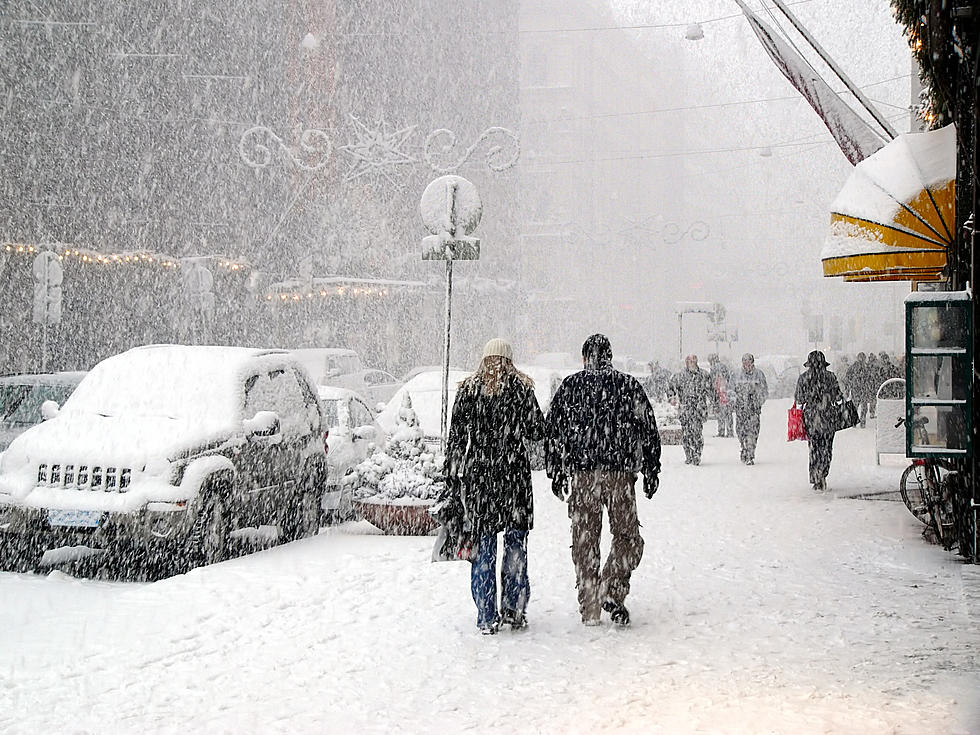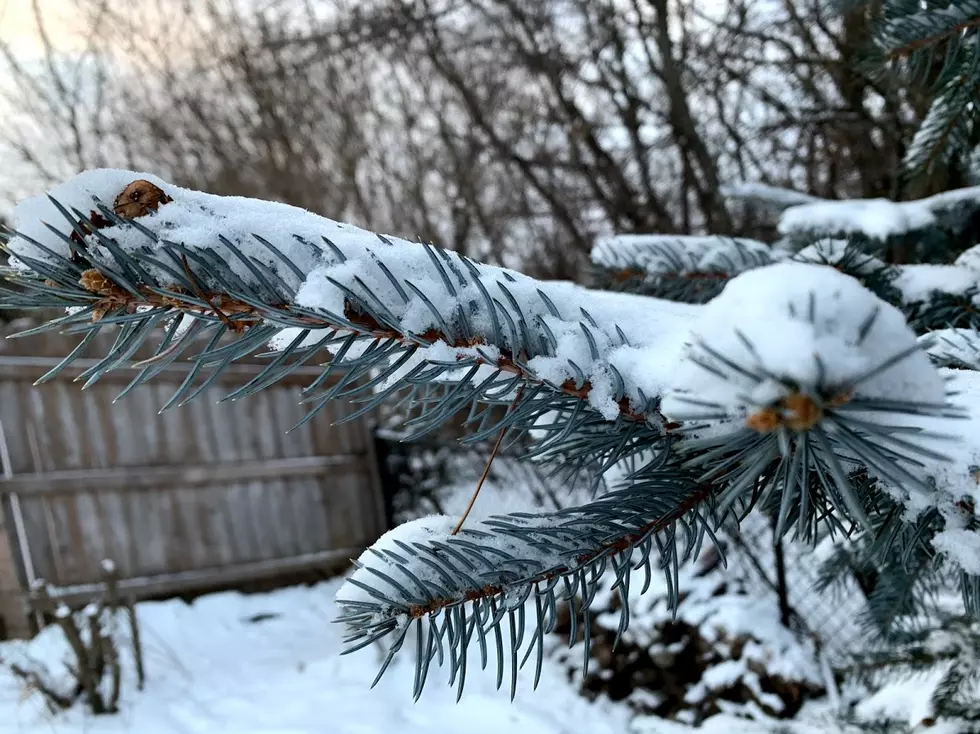
NOAA Updates Minnesota Winter Prediction and it Doesn’t Look Pretty
I'm already over the cold and it's dropped below freezing maybe a handful of times so far in Rochester, MN. I'm definitely excited about the brief warm-up we're getting this weekend. But NOAA has updated their prediction for this winter and... well... it's not looking great.
In what I'm pretty sure was the first winter prediction released for this year, the Farmer's Almanac named our area the 'Hibernation Zone' for this winter and says we'll have lots of snow.
Winter Prediction for Minnesota 2022
Now, this updated prediction from NOAA (taking into account the latest effects from this year's La Nina) doesn't really mention snow totals. It does, however, mention how cold it's going to be. They say that we can expect to see below-average temperatures. This is the first year in a while that I don't have a garage parking spot so I'm not looking forward to waking up early in the morning and freezing my butt off in my car.

NOAA also has updated their precipitation prediction. Not specifically how much snow we'll get, just precipitation in general. Their latest says that there's an equal chance for more precipitation than normal and less precipitation than normal. So we'll either be freezing while looking at brown grass or we'll be freezing while shoveling mountains of snow. Sweet.
If the fact that we hit freezing in October says anything, I'd say that these predictions are accurate, saying that it's going to be a cold winter this year.



